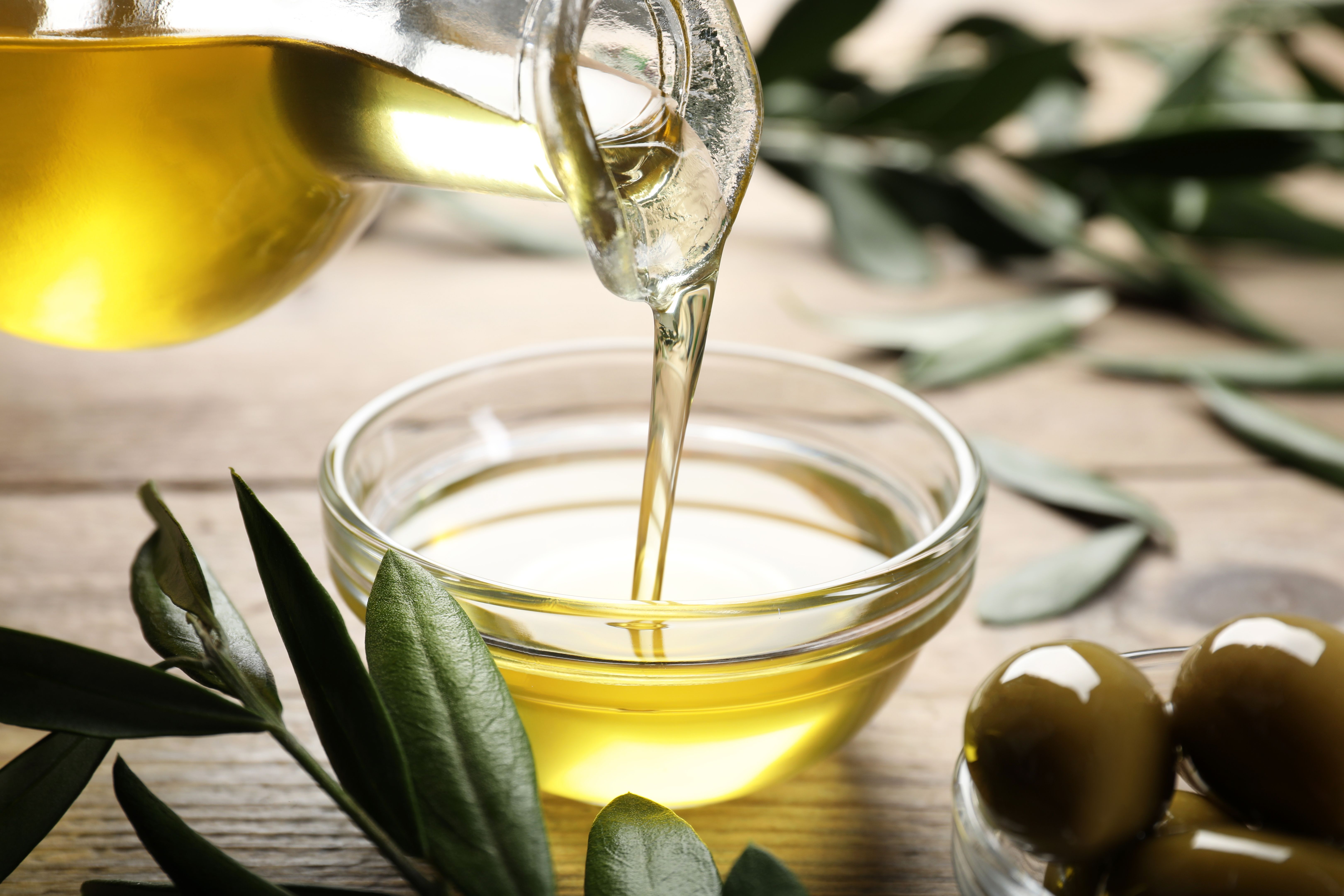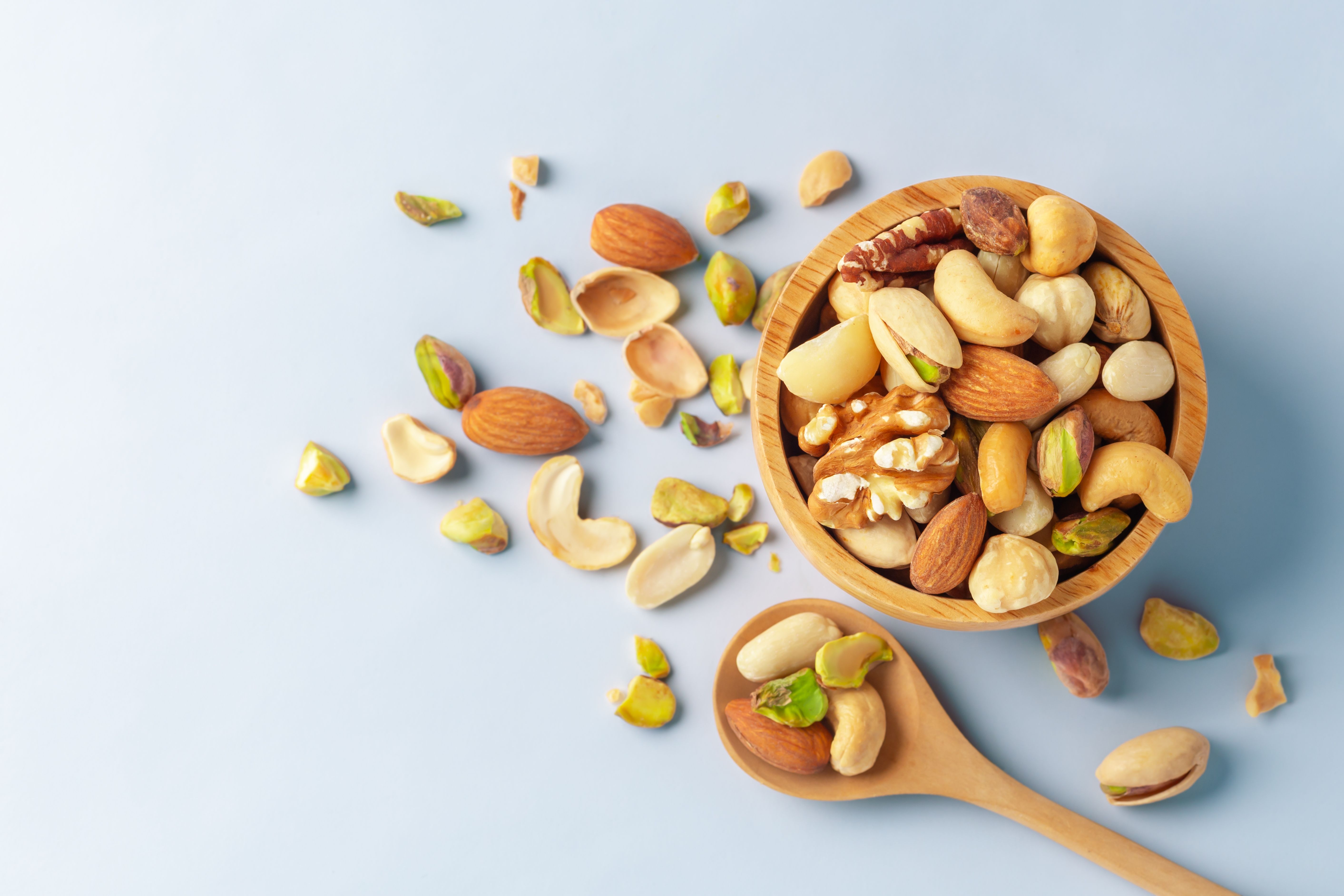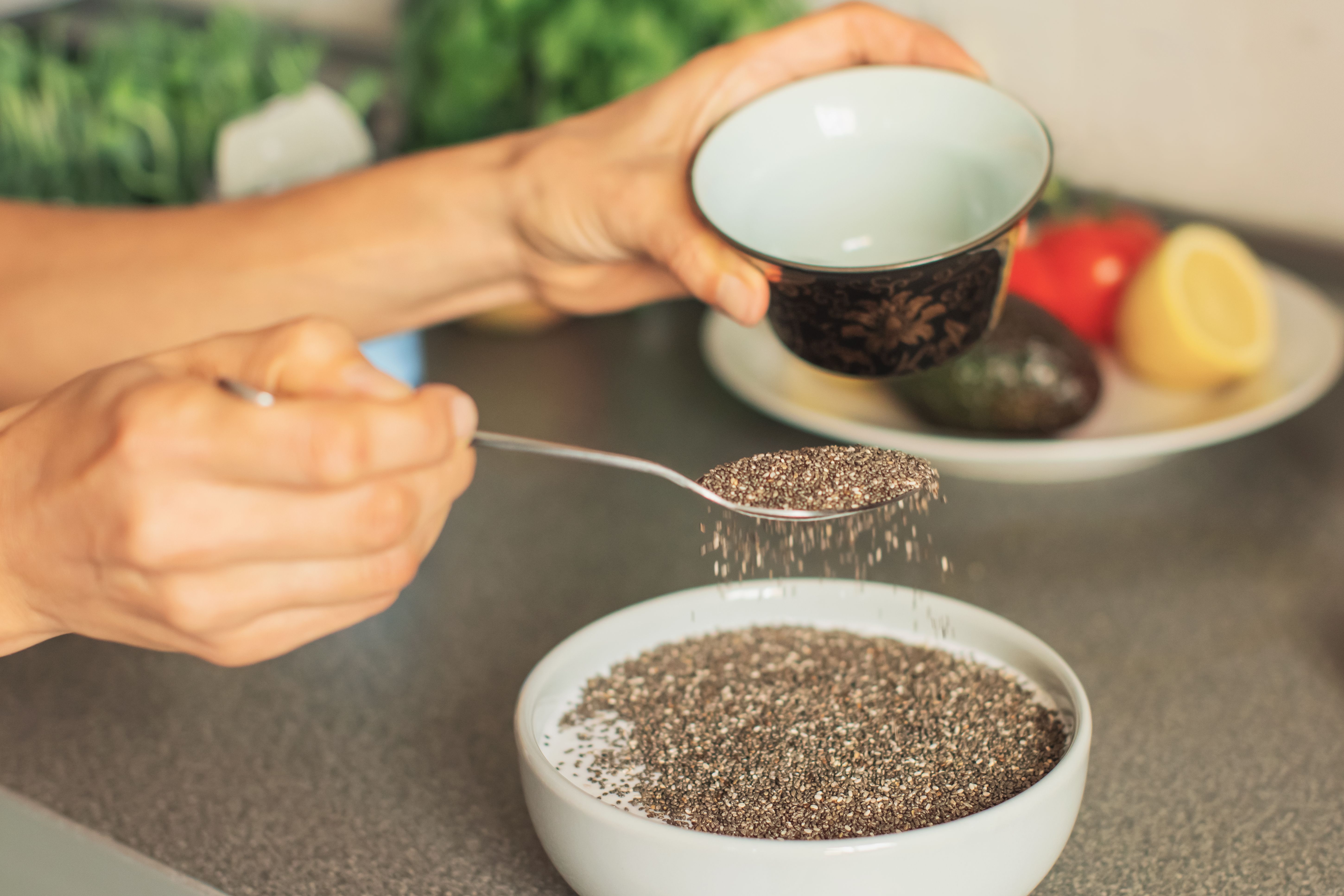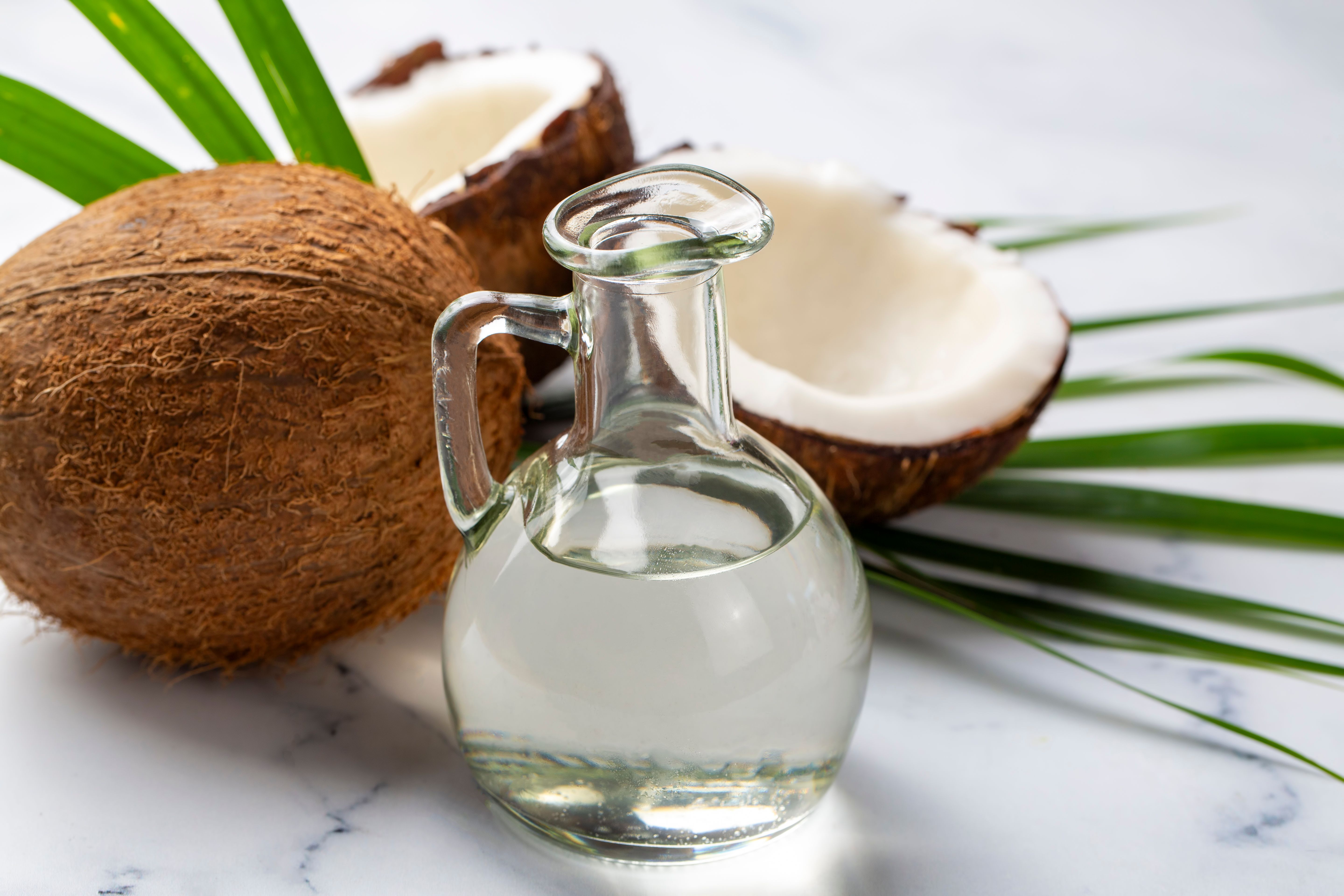7 Anti-Inflammatory Fats Recommended by Dietitians
Understanding Inflammation and Diet
Inflammation is a natural process that helps the body heal and defend itself from harm. However, chronic inflammation can lead to various health issues, including heart disease and arthritis. Fortunately, certain dietary changes can help reduce inflammation. One effective way is to incorporate anti-inflammatory fats into your diet. Below, we explore seven such fats that dietitians recommend.
1. Olive Oil
Olive oil is a staple in the Mediterranean diet, known for its numerous health benefits. It is rich in monounsaturated fats and contains antioxidants that help reduce inflammation. Extra virgin olive oil, in particular, is less processed and retains more of the beneficial compounds. Consider using it as a salad dressing or for sautéing vegetables.

2. Avocados
Avocados are not only delicious but also packed with healthy fats. They contain monounsaturated fats similar to those in olive oil, along with potassium, magnesium, and fiber. These nutrients work together to lower inflammation and improve heart health. Try adding sliced avocado to your toast or smoothie for a nutritious boost.
3. Nuts
Nuts such as almonds, walnuts, and pistachios are excellent sources of anti-inflammatory fats. They are rich in omega-3 fatty acids, which are known to help reduce inflammation levels in the body. Nuts also provide protein and essential vitamins, making them a great snack option.

The Role of Omega-3 Fatty Acids
4. Fatty Fish
Fatty fish like salmon, mackerel, and sardines are some of the best sources of omega-3 fatty acids. These essential fats have been shown to significantly decrease inflammation and improve heart health. Aim to include fatty fish in your meals at least twice a week for optimal benefits.
5. Chia Seeds
Chia seeds are small but mighty when it comes to their nutritional profile. High in omega-3s, fiber, and protein, these seeds are great for reducing inflammation. You can easily incorporate chia seeds into your diet by adding them to yogurt, smoothies, or oatmeal.

6. Flaxseeds
Flaxseeds are another excellent source of omega-3 fatty acids and lignans, both of which have anti-inflammatory properties. Ground flaxseeds can be added to baked goods, cereals, or sprinkled over salads for added nutrition and flavor.
Coconut Oil - A Controversial Choice
7. Coconut Oil
Coconut oil has been a topic of debate due to its high saturated fat content. However, it contains medium-chain triglycerides (MCTs) that may have anti-inflammatory effects. While it’s important to use coconut oil in moderation, it can be a flavorful addition to certain dishes.

Incorporating these anti-inflammatory fats into your diet can be a simple yet effective way to promote better health. Always remember to balance your fat intake with a variety of other nutrients to maintain overall wellness. Whether through salads, snacks, or main dishes, these fats can easily become part of your daily meals.
